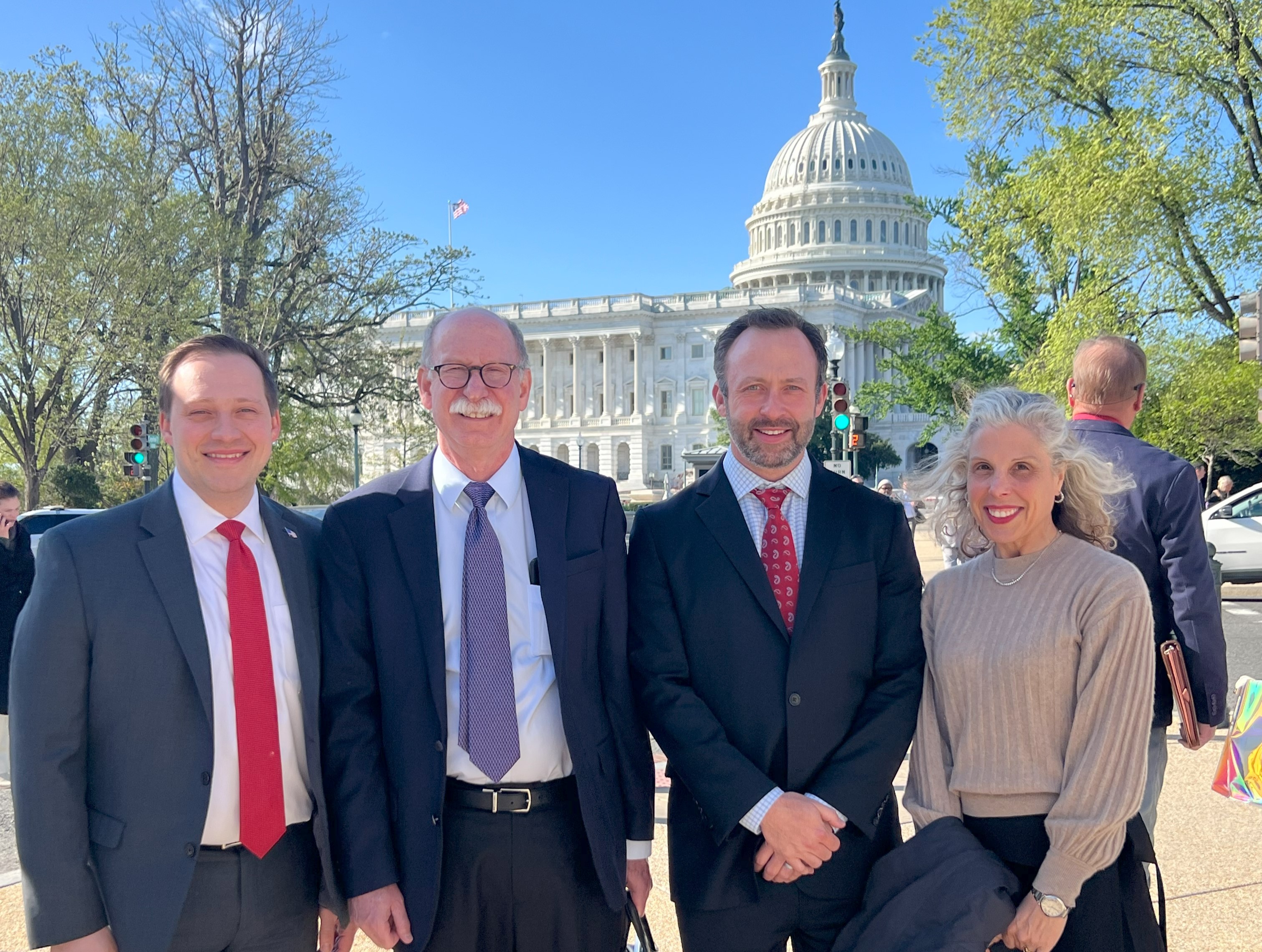Hassan indicates she’s open to tweaks on site-neutral payment reformsSenator says rural hospitals may need special treatmentSept. 30, 2024 Hassan is the lead Democrat in the Senate pushing to equalize payments between hospitals and outpatient facilities. During a STAT event on Thursday, she indicated that there might be room for negotiating a deal with her GOP colleagues on site-neutral legislation. So-called “site-neutral” payment reforms have drawn broad support from think tanks on both sides of the aisle as a commonsense policy, and have started to gain momentum in Congress. A narrow version of the policy focused on payments for medicines passed the House of Representatives last year. However, it’s currently stalled because hospitals generally oppose it, and hospitals are a powerful lobby. One of the hospital lobby’s talking points that has gained traction is that a move to equalize payments could hurt rural hospitals. It’s been echoed by Senate Republicans, and Sen. Bill Cassidy (R-La.), who could be a key negotiator on site neutrality next year, said he thinks the policy would cut too much money from hospitals. “He and I are actually engaged with stakeholders right now around the site neutrality act,” Hassan said of Cassidy. Hassan told STAT that she’s heard similar complaints from rural hospitals in New Hampshire. She said she’s been talking to Cassidy about his concerns, and indicated she may be willing to address the policy’s impact on rural hospitals. “There are ways I think that we can get at the needs of rural hospitals,” Hassan said. Overall, Hassan said that it doesn’t make sense for Medicare to pay more for the same services in different places. If she and other supporters can win over enough support one way or another, there could be an opportunity to pass site-neutral payment reforms next year. Congress in 2025 will likely need to pay for expensive health care policies, including extending expiring subsidies that help offset the cost of health insurance plans sold on the Affordable Care Act’s exchanges. Experts have estimated the most aggressive forms of site-neutral policy could save the Medicare program more than $100 billion over a decade. But when policies save money for the federal government, there’s always competing priorities for how lawmakers want to use the savings. While Cassidy suggested paying hospitals more for emergency care instead of using a roundabout payment as a subsidy, Hassan’s Site-based Invoicing and Transparency Enhancement Act would invest the savings in workforce training to help deal with shortages of nurses and other health care professionals. |




